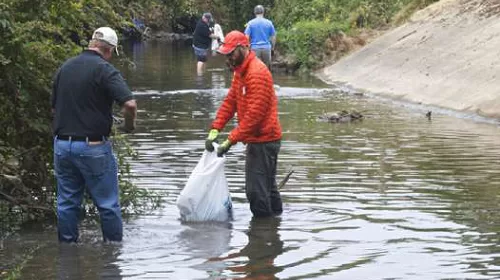A recent study published in *Nature Water* highlights the critical role of water in fostering peace and security while preventing conflicts. Conducted by an international team led by the University of Birmingham, the research outlines a seven-point strategy aimed at ensuring safe and equitable access to clean water globally, which is essential for mitigating tensions arising from water scarcity and inequitable distribution.
The study emphasizes the need for local collaboration on global water issues to empower communities and enhance resilience. Involving local populations in governance can help prevent conflicts, particularly during times of scarcity, by promoting transparency and trust. Integrating indigenous knowledge and nature-based solutions with technical infrastructure is also recommended to bolster community resilience. Furthermore, the researchers stress the importance of recognizing existing inequalities in water access when developing policies. Ensuring safe access to water for women and girls is crucial, as they often bear the burden of water collection. Improved predictive measures for water-related changes and international cooperation through treaties are also vital for managing transboundary water resources effectively.
Lead author Professor Stefan Krause noted that when managed sustainably and equitably, water can serve as a powerful tool for peace, fostering cooperation among nations and communities. The study advocates for initiatives like the UN Water Convention to facilitate joint management of shared water resources, ultimately contributing to a more just and resilient future for all.





